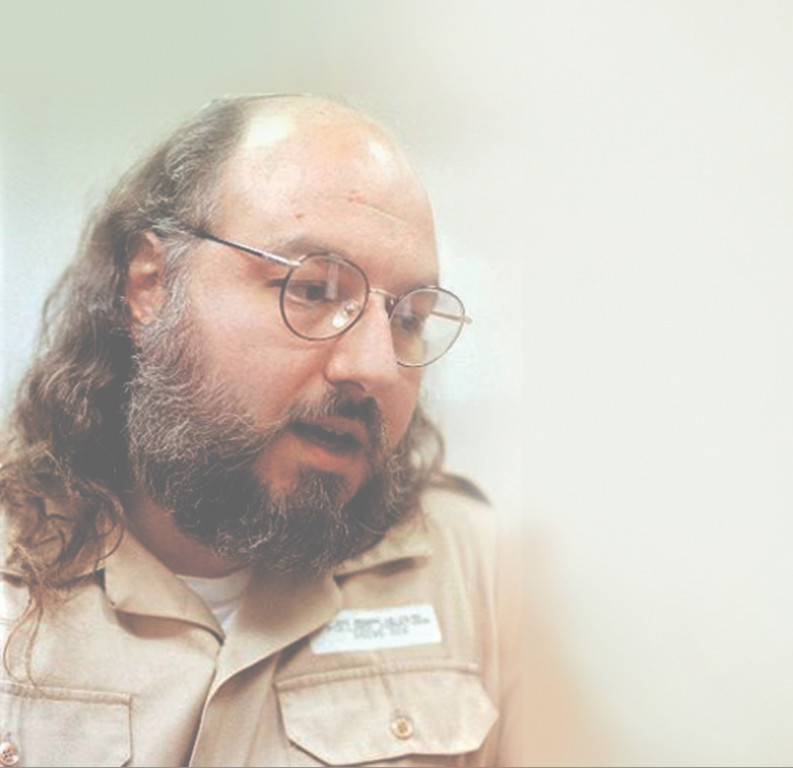Oh, Jonathan. An interview with Pollard's lawyer Eliot Lauer
By David F. Nesenoff
This week Jonathan Pollard was denied permission to pay a final hospice visit and to attend the funeral for his father Morris Pollard, 95. Pollard was given an unprecedented life sentence and has been in prison for 26 years despite pleas from congressmen, senators, and community and world leaders for his release.
The Jewish Star spoke with his present attorney Eliot Lauer of Lawrence to learn of the present situation and what can be done to right this American injustice.
David F. Nesenoff: What took place this week with trying to get Jonathan to the hospital and the funeral?
Eliot Lauer: While we were in contact with the White House, and other people were in contact with various political leaders, at the end of the day, the decision on all of these matters is not a political issue; this is a Bureau of Prisons issue. Beginning on June 14 it became clear that Jonathan’s father was gravely ill. My partner, Jacques Semmelman, and I wrote a formal letter to Thomas Kane the acting head of the Bureau of Prisons requesting that Jonathan could visit his father who was gravely ill, was in a hospice situation and that Jonathan should be permitted to attend the impending funeral. We obviously did not get a positive response. We got no response. We, and others, continued to press all various circles. Over the weekend, when Morris Pollard passed away we then worked furiously and feverously throughout Sunday and well into Sunday night speaking with the White House, speaking with the Department of Justice, communicating with Thomas Kane and followed it up with a late night letter requesting the release of Jonathan with an escort and we would make all the necessary arrangements for transportation with a private jet with any governmental travel needed. We made it clear that we would be prepared to underwrite all the expenses. After the funeral occurred I received an email stating that our request had been denied.
DFN: Is there precedent for people leaving prison to visit a loved one in the hospital or to attend a funeral?

 50.0°,
Overcast
50.0°,
Overcast 




